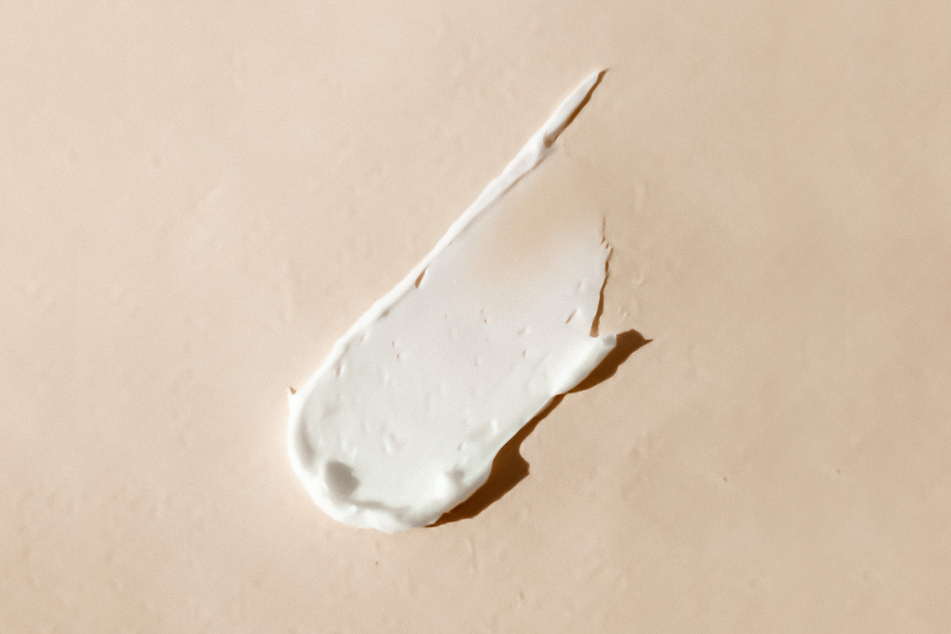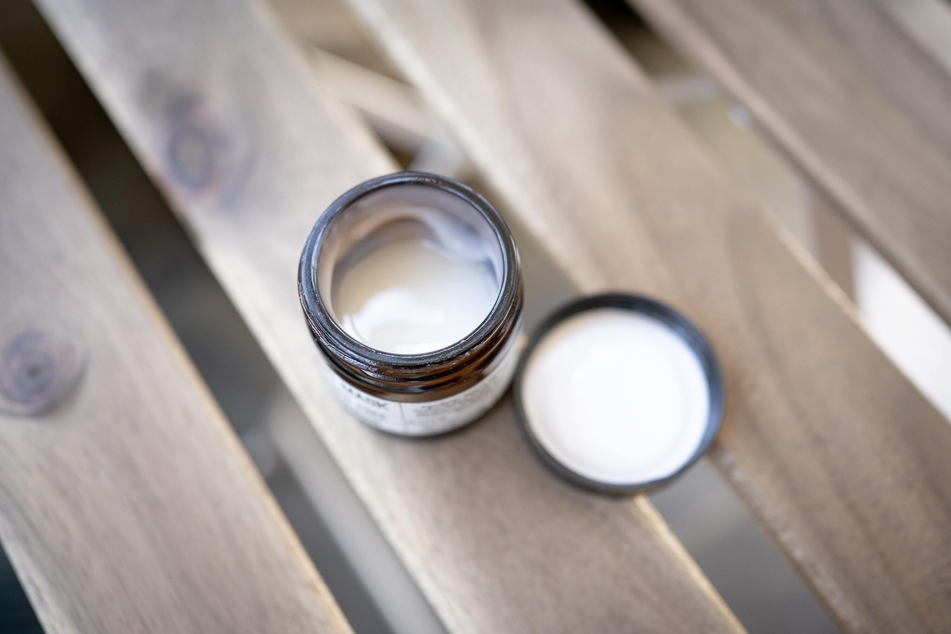Winter skincare tips: How to fight dry skin in changing temperatures
Nobody wants dry, flaky skin, but it can be tough to avoid when the temperature changes. It's also not so easy to keep supple skin in the extreme heat. Here's how to step up your beauty routine when winter or spring weather takes its toll.

What kind of products are best when your skin is dried out from the chilly winter air that's slowly turning warmer into spring?
A heavy-duty moisturizer can work wonders.
Yet, the type you use depends on the season, and can be changed throughout the year. In wintry weather, get yourself a rich, thick face cream to protect your face from the cold, skin specialists claim.
"[Freezing temperatures] are extremely taxing on the skin, especially when you add wind to the mix," said Christoph Liebich, a dermatologist in Munich, Germany. That means once temperatures drop to the low 30s, you need to take steps to protect your facial skin.
"If you don't protect yourself in this situation, you risk frostbite in the worst case. The skin can die or become inflamed."
He recommends using a winter protection face cream if you're going to be outside for more than 20 minutes when the mercury drops.
"Creams for dry skin, for example, are usually oily, but the term ointment usually indicates a comprehensive product. A toner or emulsion is not suitable for this purpose," Liebich added.
It also depends how your skin reacts to the cold - everyone is different. Further factors include how thick your skin is, and facial hair such as a beard also makes a difference.
"But it can't hurt to apply some rich cream," Liebich said. Even a thick night cream can be added into your daytime routine.
In the end, it's better than risking skin damage because you ended up not taking any precautions against the cold, added the expert.
Why is your skin more dry in winter?

Wind chill is very real problem and can make it feel colder outside than it really is. If the wind chill is particularly cold -wearing a bandanna or scarf over your face is a good idea to protect your skin.
In biological terms, your skin's sebaceous glands produce skin oils, but at low temperatures, they shut down their activity - resulting in a lack of skin oils. That leaves the outermost layer of skin more permeable and thus more sensitive. Moisture in the skin is then also lost more quickly - for example when the heat is on indoors, making the air warm and dry.
However, a lack of skin lipids does not only have to be due to the winter temperatures. Dry skin can also be a side effect of other health issues. Sebum production also decreases with age or as a result of certain medications.
If some areas of your skin are particularly dry and not attended to, you can get dry eczema, and your skin can become red, itchy, or develop small tears. Sometimes weeping blisters also form.
How can you help your skin? Apply care products regularly, as these will give your skin moisture and help counter dry skin. If you have dry skin, you may be tempted to layer on these products pretty thick, but experts say it is better to apply thin layers of cream more frequently as needed.
Also, in cold weather, try to reduce further stress on your skin. Now might not be the best time for a rough exfoliation or face mask, especially if part of your skin is irritated.
Long hot baths, too, may be soothing on one level, but they also remove oil and moisture from the skin.
How to protect your skin in thesummer

Meanwhile, when the weather is warmer outside, and spring melts into summer, you will need slightly different products.
"While rich, protective creams are needed in winter, light, moisturizing products are in demand in summer," explained cosmetic specialist Birgit Huber. "Sun, wind and water dry out the skin more quickly, so it needs much more moisture."
Huber recommends using moisturizers with integrated UV filters and SPF protection in spring and especially summer. "This can prevent premature skin aging and sun-related diseases."
The eyes and lips are in particular need a lot of attention because the skin here is thinner. "That's why it's important to apply sunscreen to the eyelids and apply sufficient nourishing eye cream in the evening. For the lips, there are special lip balms with sun protection factor."
The cosmetics expert has an additional tip: Try a light moisturizing fluid. This refreshes facial skin stressed by the sun, supports its natural balance and has a matting effect by absorbing excess skin oil.
An occasional facial peel can also be a boon in the spring and summer. This is because sweating can clog pores, leading to blemishes and pimples.
No matter what extreme temperature you're facing, this tips can help out – and your skin will be grateful!
Cover photo: Collage: Unsplash/Kelsey Curtis & Kalos Skincare